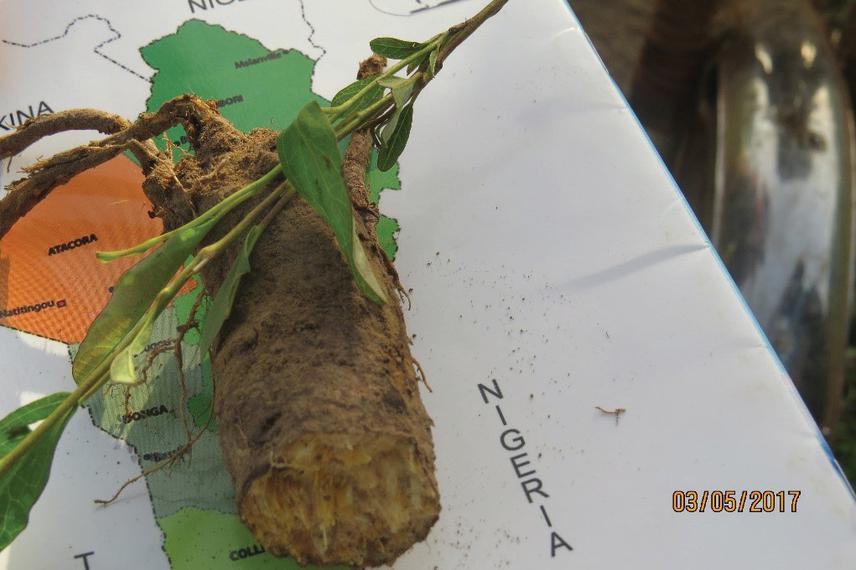Dassou Gbewonmedea Hospice
Other projects
7 Nov 2016
Assessing Ecological Status, Threats and Conservation of Ipomoea beninensis, an Endemic Plant Species in Benin
3 Jun 2020
Creating a Seedbank to Enhance the Ex-Situ Conservation of Endemic and Threatened Plant Species at the Botanical and Zoological Garden E. Adjanohoun in Benin
27 Jan 2023
Long-Term Conservation Planning for Endemic, Locally Restricted Range and Threatened Plant Species in Benin
Ipomoea beninensis is a multipurpose but endemic species to Benin. There the species is found mainly in semi-arid areas. Notwithstanding its threatened status, the species doesn’t benefit concrete conservation actions. This project aims to: (i) understand the reproductive biology of Ipomoea beninensis across its distributional area, (ii) assess the pollination pattern of the species and the major pollinators in its natural populations, and (iii) test for the best regeneration practice for the species. Outcomes of the projects will complement the previous findings and could help to better design and further implement long-term conservation action for the species.

Rootstock of Ipomoea beninensis.
Endemism is known to be ecological state of a species being unique to a defined area or habitat. For Benin (having much of his flora shared with surrounding countries), very few species are endemic among which Ipomoea beninensis. Due to the number of threats encountered, the species comes to be one of top priority deserving urgent conservation actions. As such a first investigation helped to assess distribution, use and use-impacts on the species conservation. It came out that local people have a particular knowledge on its uses for men and animal needs (medicine and fodder). However, the species conservation status is worrying: a disjunctive distribution and a very limited occurrence area. In addition, its population encompasses very few adult individuals and its regeneration are scarce (no seedlings within 58% of investigated sites). No information also exists on its phenology. The work will therefore contribute to setting the long-term conservation strategies for I. beninensis in Benin. Specifically, it aims to:
(i) understand the reproductive biology of Ipomoea beninensis across its distributional area,
(ii) assess the pollination pattern of the species and the major pollinators in its natural populations,
(iii)test for the best regeneration practice for the species.
A comprehensive knowledge of the flowering phenology of the species could help to be sure of when to have flowers of the species, when to get seeds of the species and concomitantly make a better follow up of the dynamic of the population of the species. All these added to assessment of the diversity of the pollinators of the species and their behavior could be useful in providing a better restoration plan and appropriate follow-up of the species population. The study could provide some insight into the mating system of the species. Restoration strategy could not be a success if appropriate seeds and vegetative organs’ germination methods and seedlings’ growth are mastered for ecological restoration.